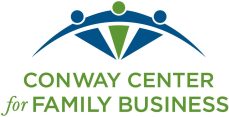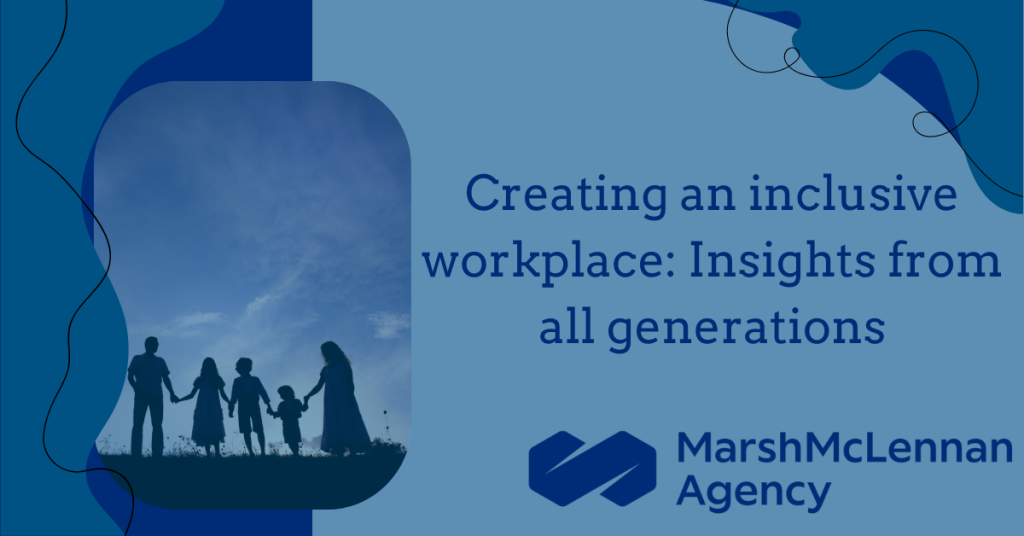Benefits strategies for multiple generations are essential in today’s diverse workforce. With employees ranging from Baby Boomers to Gen Z, organizations must develop strategies that cater to the unique needs and preferences of each generation. While each generation may have different priorities and expectations when it comes to benefits, there are also common themes that can be addressed to create a comprehensive and inclusive benefits package. By understanding the distinct characteristics of each generation and implementing strategies that accommodate their needs, organizations can attract and retain top talent across all age groups. In this article, we will explore the unique and similar aspects of benefits strategies for multiple generations and discuss how organizations can create a cohesive approach that meets the diverse needs of their workforce.
- Baby Boomers place a high priority on job security and value company loyalty, teamwork, and a strong sense of duty. They often look for benefits that include comprehensive health care coverage and a robust 401(k) plan to help prepare for their retirement.
- Generation X value work-life balance and having time to pursue personal and professional goals. They look for benefits that provide a remote work experience and allow them flexible scheduling for their personal development opportunities.
- Millennials, place a high value on freedom, flexibility, and taking responsibility for their own success. They appreciate diversity and prioritize benefits tailored to their needs such as student debt assistance and flexible work options.
- Generation Z, value security, diversity, and independence. Generation Z is more susceptible to work-related burnout and places a strong emphasis on mental health benefits, recognizing the importance of maintaining their well-being in the workplace.
Key trends among all generations
Studies show that flexibility in remote work is highly valued with 59% of employees across all generations expressing its importance. This underscores the need for employers to offer flexible work arrangements to attract and retain top talent. Additionally, the rising cost of living has become a major concern for 77% of Americans, leading to increased job market mobility as workers actively seek better pay and benefits. Providing financial wellness programs or resources can employees manage their finances more effectively.
Thank you to our friends at Marsh McLennan Agency for providing this valuable information.
If you are interested in being featured on our Family Business Insights or have any questions please contact lflint@familybusinesscenter.com


